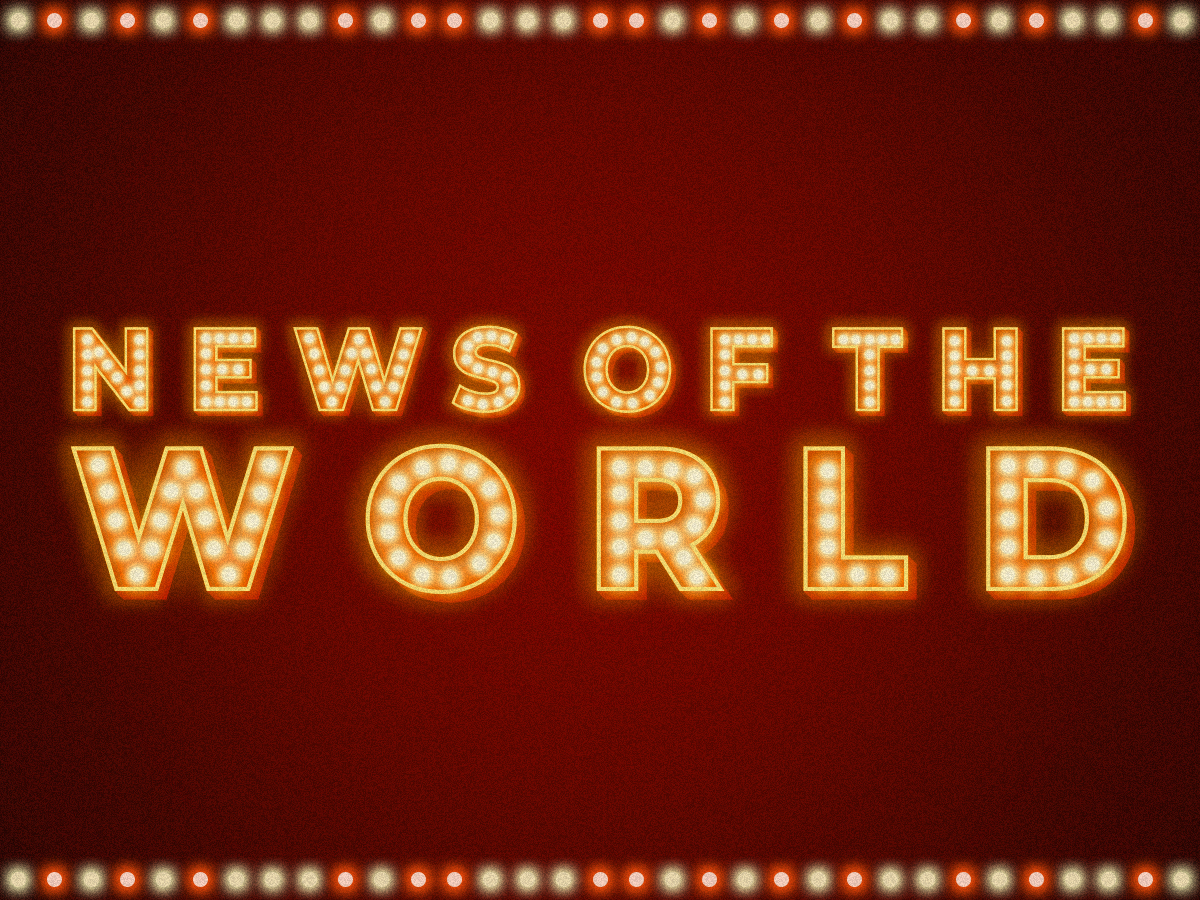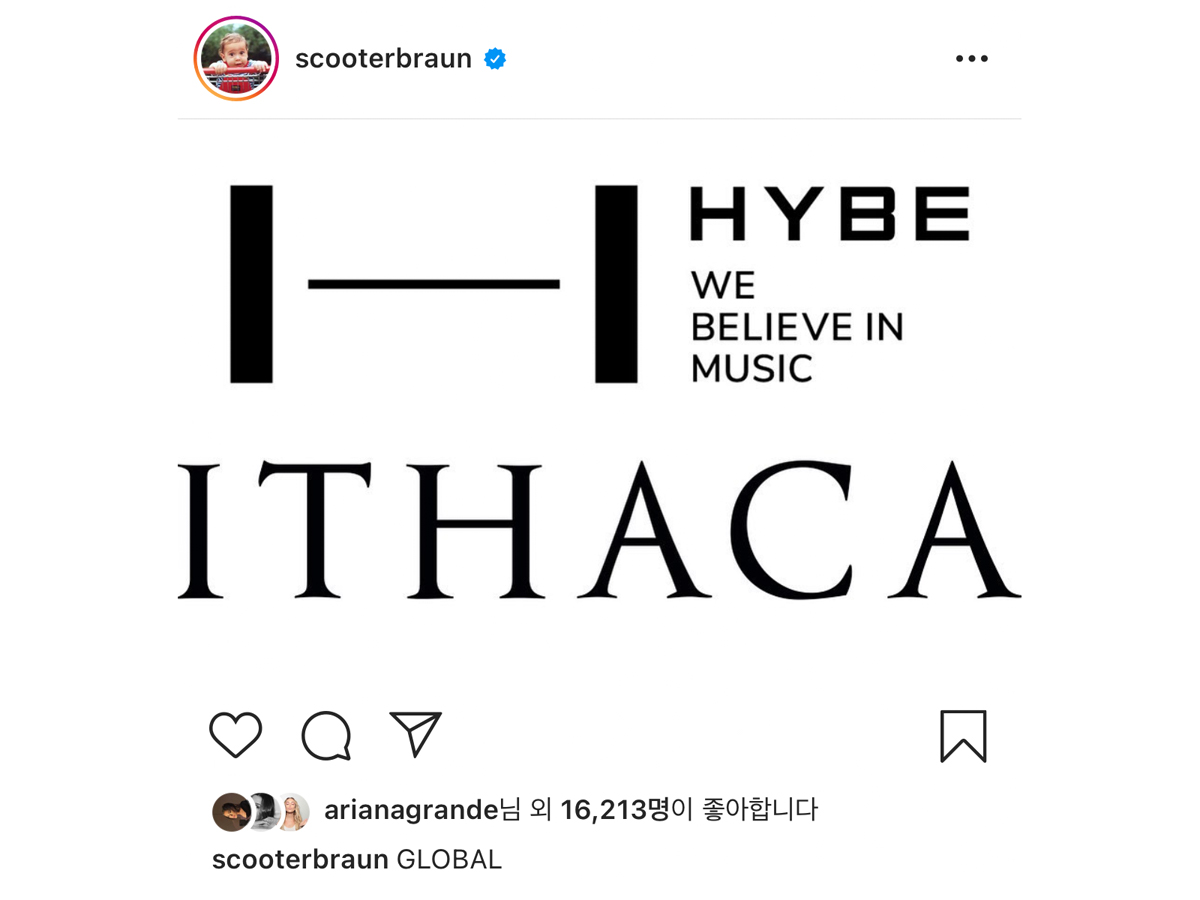FEATURE
Spotify and K-Pop
Where Does Spotify’s Global Influence Come from?
2021.04.19
It’s been quite a while already since Spotify launched its services in Korea and got caught up in a commotion when a number of K-Pop tracks briefly disappeared. Several K-Pop artists then raised an alarm about suffering damage against their wishes, with some even trying to bring their music back to service by instantly adjusting the overseas streaming distribution route. But active responses like the latter required having to rebuild the entire play record from scratch as the previously registered music information could not be handed over; and in some cases, users were unable to listen to tracks in the existing playlist. Artists saw this situation - inaccessibility of their music content on Spotify – as a serious problem, which prodded a few to venture out and sign a new distribution contract despite risks of further complicating the situation.
Obviously, it was not the Korean music consumers that artists had in mind. Global music streaming services including Apple Music failed to edge out local companies to dominate the Korean market and Spotify’s service having just rolled out in the country - there wasn’t much market influence to speak of yet. In short, such response at the time reveals the importance of overseas music streaming services – in particular, Spotify – as a platform for K-Pop artists. It’s why a question remains even after consumer satisfaction bounced back and things returned to normal: in what ways and to what extent is Spotify critical?
The music industry now is all about music streaming. According to an annual report and statistics from the International Federation of the Phonographic Industry (IFPI), 2020 aggregate sales of the global music record industry posted $21.6 billion, out of which music streaming accounted for 62% at $13.4 billion. Around year 2000, the advent of MP3 triggered a contraction in the record industry – its size shrinking from $23.6 billion in 2001 to $14 billion in 2014. The sole reason the industry rebounded since 2015 and reached the current level is down to music streaming. Even without factoring in the pandemic, everything has been trending downward including physical albums such as CDs as well as audio file downloads. The only thing on a growth path is music streaming. Royalties paid to record labels, as announced by Spotify in 2020 is $5 billion – close to a quarter of total sales of the music record industry worldwide.
And yet Spotify’s importance is above and beyond one fourth. If music streaming service is said to have transformed how we consume music, surely all of it has been defined by Spotify. Do playlists matter? Spotify made them matter. Is personalized recommendation service useful? Spotify fostered it to become an essential service. In the early stages of Spotify, playlists were offered as a service to let listeners share their tastes in music. But for most people, music is not a target of active consumption. What they needed were friendly suggestions - and Spotify found a way in data. Spotify examines what tracks you listen to; which hours during the day you listen; how many times you listen; whether you listen until the end; and if you add the track to the playlist. Spotify notes the preferences of others similar to you and considers the song’s features such as its tempo and length. Tastes of the majority is mirrored in playlists, while your own taste leads to personalized recommendations; and personalized recommendations are popular – in fact, 30% of plays on Spotify are attributed to them.
Through this process, Spotify reinvented the way people discover new music. Genres and languages are the most readily visible criteria. Spotify algorithm measures your taste based on universal criteria though, and as the audio streaming generation shed any bias in genres and languages, they are presented with new opportunities to tap into a richer trove of music. An analysis recognizing algorithm’s role in helping K-Pop and Latin American reggaeton gain a foothold in the U.S. mainstream market is not overblown. Spotify’s importance does not stem from its being the world’s largest music streaming platform. Most artists don’t even make money on Spotify; with 96% of artists getting 1,000 dollars or less a year. But if your music is not on Spotify, chances of doors opening to other opportunities simply vanish. This has nothing to do with whether or not Spotify provides its service in Korea.
Obviously, it was not the Korean music consumers that artists had in mind. Global music streaming services including Apple Music failed to edge out local companies to dominate the Korean market and Spotify’s service having just rolled out in the country - there wasn’t much market influence to speak of yet. In short, such response at the time reveals the importance of overseas music streaming services – in particular, Spotify – as a platform for K-Pop artists. It’s why a question remains even after consumer satisfaction bounced back and things returned to normal: in what ways and to what extent is Spotify critical?
The music industry now is all about music streaming. According to an annual report and statistics from the International Federation of the Phonographic Industry (IFPI), 2020 aggregate sales of the global music record industry posted $21.6 billion, out of which music streaming accounted for 62% at $13.4 billion. Around year 2000, the advent of MP3 triggered a contraction in the record industry – its size shrinking from $23.6 billion in 2001 to $14 billion in 2014. The sole reason the industry rebounded since 2015 and reached the current level is down to music streaming. Even without factoring in the pandemic, everything has been trending downward including physical albums such as CDs as well as audio file downloads. The only thing on a growth path is music streaming. Royalties paid to record labels, as announced by Spotify in 2020 is $5 billion – close to a quarter of total sales of the music record industry worldwide.
And yet Spotify’s importance is above and beyond one fourth. If music streaming service is said to have transformed how we consume music, surely all of it has been defined by Spotify. Do playlists matter? Spotify made them matter. Is personalized recommendation service useful? Spotify fostered it to become an essential service. In the early stages of Spotify, playlists were offered as a service to let listeners share their tastes in music. But for most people, music is not a target of active consumption. What they needed were friendly suggestions - and Spotify found a way in data. Spotify examines what tracks you listen to; which hours during the day you listen; how many times you listen; whether you listen until the end; and if you add the track to the playlist. Spotify notes the preferences of others similar to you and considers the song’s features such as its tempo and length. Tastes of the majority is mirrored in playlists, while your own taste leads to personalized recommendations; and personalized recommendations are popular – in fact, 30% of plays on Spotify are attributed to them.
Through this process, Spotify reinvented the way people discover new music. Genres and languages are the most readily visible criteria. Spotify algorithm measures your taste based on universal criteria though, and as the audio streaming generation shed any bias in genres and languages, they are presented with new opportunities to tap into a richer trove of music. An analysis recognizing algorithm’s role in helping K-Pop and Latin American reggaeton gain a foothold in the U.S. mainstream market is not overblown. Spotify’s importance does not stem from its being the world’s largest music streaming platform. Most artists don’t even make money on Spotify; with 96% of artists getting 1,000 dollars or less a year. But if your music is not on Spotify, chances of doors opening to other opportunities simply vanish. This has nothing to do with whether or not Spotify provides its service in Korea.
Article. Seongdeok Seo (Music Critic)
Photo Credit. Soptify
Copyright © Weverse Magazine. All rights reserved.
Unauthorized reproduction and distribution prohibited.
Unauthorized reproduction and distribution prohibited.
Read More
- [NoW] Spotify is coming2020.12.31

- BTS and Bieber under the same roof2021.04.07
